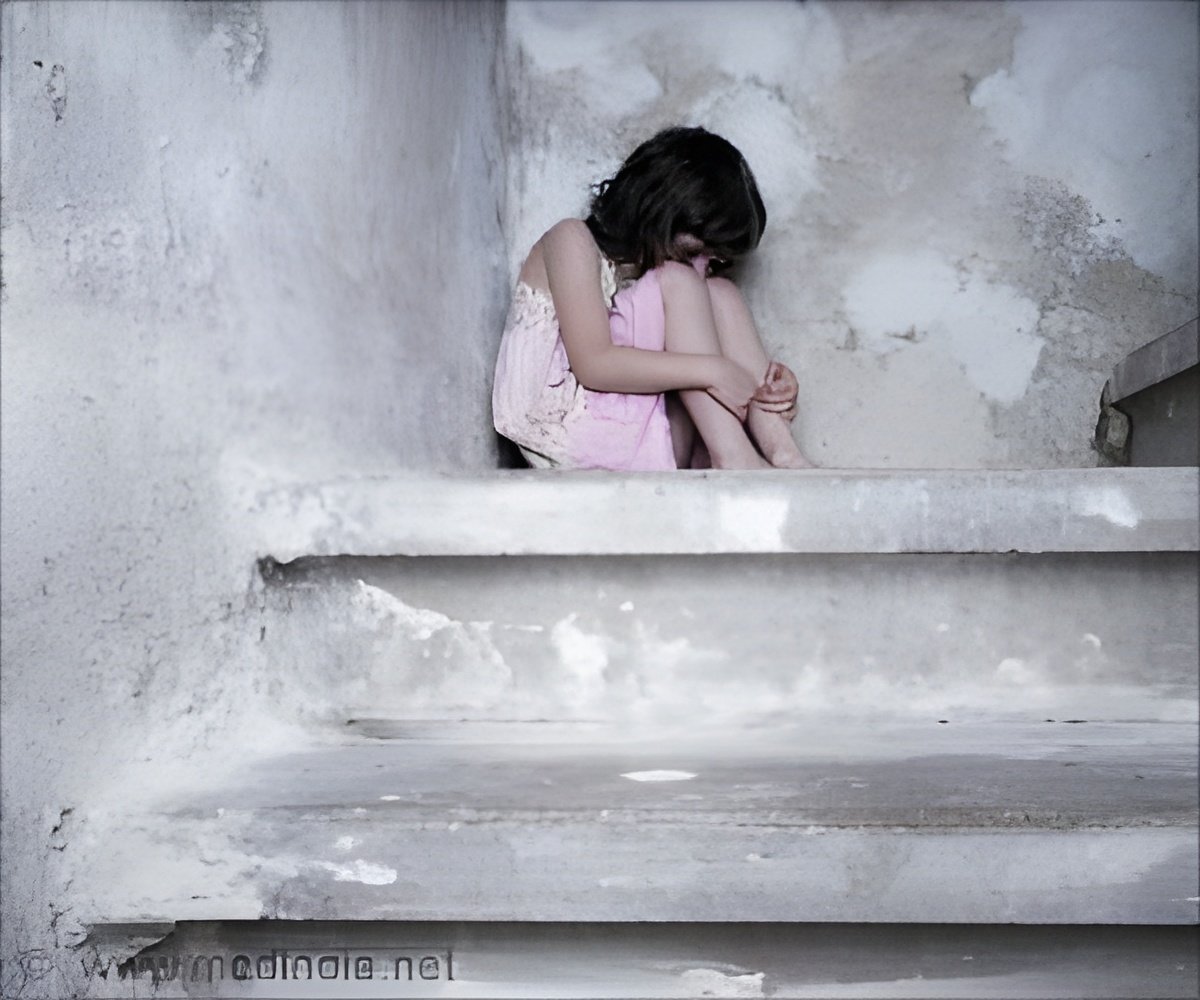A new study has found that children who avoid scary situations are likely to have anxiety disorders.

The questionnaires ask details about children's avoidance tendencies, for instance, in addressing parents, "When your child is scared or worried about something, does he or she ask to do it later?"
It also asks children to describe their passive avoidance habits. For example: "When I feel scared or worried about something, I try not to go near it."
One of the most surprising findings was that measuring avoidance could also predict children's development of anxiety.
Children who participated in the study showed stable anxiety scores after a year had passed, but those who described avoidance behaviors at the onset tended to be more anxious a year later.
"This new approach may enable us to identify kids who are at risk for an anxiety disorder," lead author Stephen Whiteside, Ph.D., a pediatric psychologist with the Mayo Clinic Children's Center said.
Advertisement
In 25 anxious children surveyed following cognitive behavior therapy that slowly exposed children to the situations that caused fear, the avoidance scores from surveys of their parents declined by half.
Advertisement
The study is published in the journal Behavior Therapy.
Source-ANI















